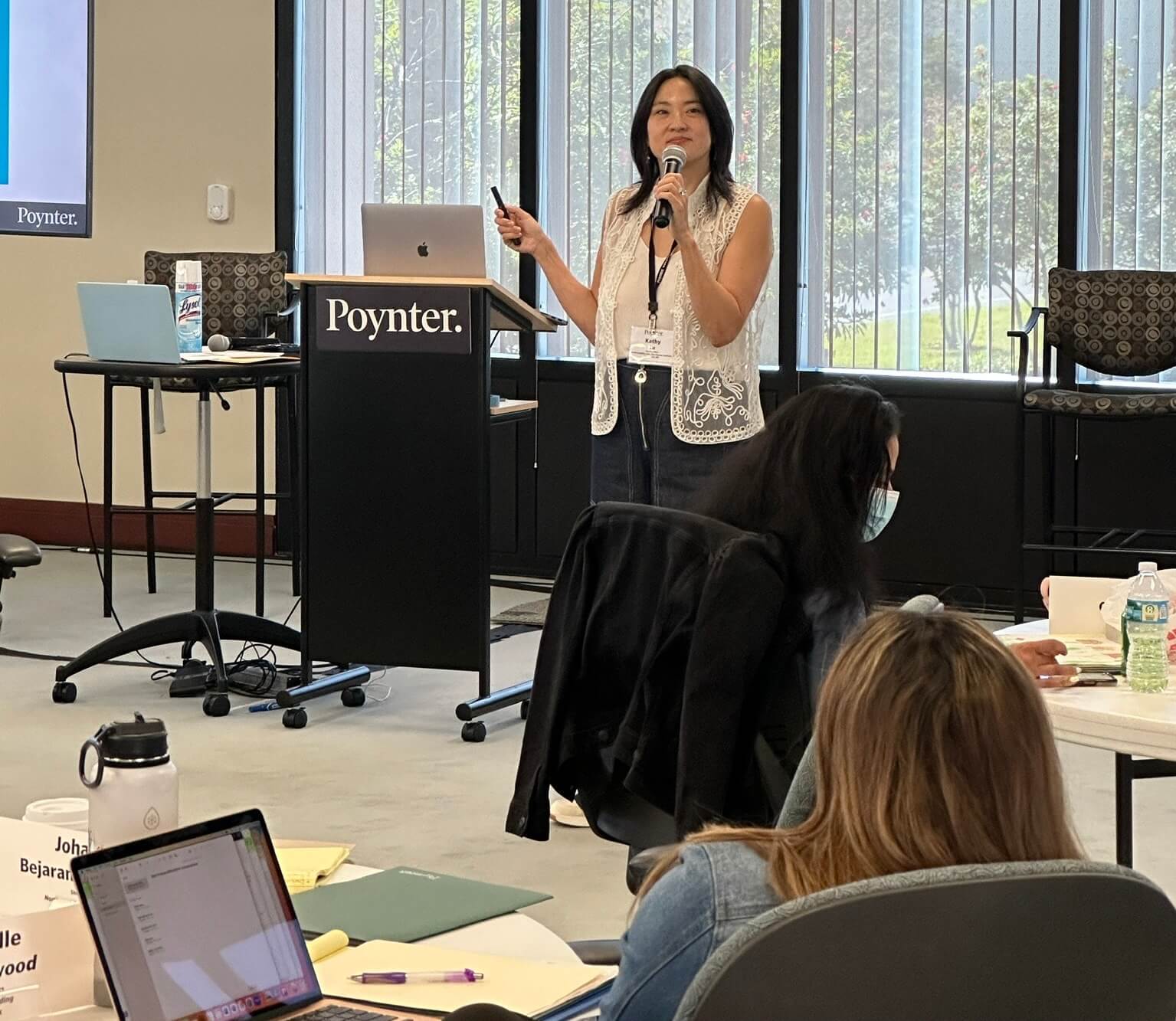You’ve just been assigned the job you’ve always wanted (or dreaded). Congratulations — you’re an editor. So what now?
Chances are, you’ve talked with your boss about your areas of responsibility, staff members who will help you carry out your responsibilities, and your deadlines.
So let’s dive in, right? Wait just a second. Think about what you’re about to do: you’re beginning a new set of relationships. And if we can say one thing for sure about relationships, good ones take time and care. These will be no exception.
Whether you have staff or not, you need other people to help you succeed. They might report to you, they might be peers, they might be bosses. Regardless, the relationships you form with each of them will determine whether you spend your days collaborating or feeling very, very alone.
I’ve listed 10 ideas for getting those relationships off to a good start. Experienced editors can also follow these tips to refresh their routines, and renew some of their relationships in the workplace. It’s never too late to start offering your staff constructive feedback, or to start coaching the work instead of fixing it.
1.) Visit your staff — where they work. Don’t summon people to your work station or office; go to theirs. And take the conversation beyond, “What do you do?” Ask: “How are you?” (And ask it often…)
2.) Do lots of reporting. Sure you have ideas and plans, but the staff might know more than you do. This is a time for them to tell you whatever they want, and for you to learn their perspectives on how things work in the newsroom.
3.) Establish your schedule. Create a routine that your staff can count on so that they won’t be left guessing when you’ll be around. And establish how you want to work together. If you want them to check in with you throughout the day, require it. Just make sure the routine you establish helps the staff do its best work.
4.) Share responsibility for solutions. From the first day, answer the question, “What should we do?” by asking: “What do you think we should do?” Stress that you prefer those who are closest to the work to solve problems.
5.) Rev up the feedback machine. Establish the habit of offering specific, timely feedback to staffers about their work. Reinforce good work — you’ll get more of it. And don’t let problems slide; they rarely solve themselves.
6.) Clarify your role, and your staff’s. Make sure you know what your boss expects you to accomplish, and focus your day’s activities on those expectations. Then, be just as clear with your staff about their responsibilities on each assignment and your expectations overall.
7.) Manage up. Bosses hate surprises. Ask your boss how she would like you to communicate with her, and use those opportunities to share what you and your staff are doing. Make sure the boss knows about the staff’s successes, and suggest that she write staffers notes of congratulations.
8.) Don’t dictate. Instead, coach. If you fall into the habit of instructing staffers on how to complete their assignments, they might well become dependent on your direction — and their own creativity will be stifled. Besides, are you really that good?
9.) Focus on journalism. Seize opportunities to demonstrate that you value excellent work. Create reward systems that honor innovation, creativity, ideas and extra effort.
10.) Take a deep breath, and have fun. As the saying goes: “Your new job is like a marathon, not a sprint.” Your relationship with your staff can be a rewarding experience for you and for them — especially if you create an atmosphere in which people laugh, learn and nurture a life outside of work.
Whether you’re a new editor or a seasoned one, it’s always the right time to start thinking about why you do the things you do, and what impact they are having. The most effective editors I know are really good at consciously connecting their actions to the outcomes they desire.
They give feedback because they want to reinforce the behaviors they want repeated. They coach because they want to stop wasting time fixing work that someone else is capable of doing well. They listen because they know that the more they learn from — and about — others, the more effectively they will be able to manage the work. They form relationships based on trust, respect and a genuine desire to see others succeed because they know that in the workplace, as in their personal lives, those relationships grow strongest and are most productive.
Editing, like all relationship-building, is hard work. Getting off to a good start can make the weeks, months and years ahead so much more rewarding — for both you and your colleagues.






